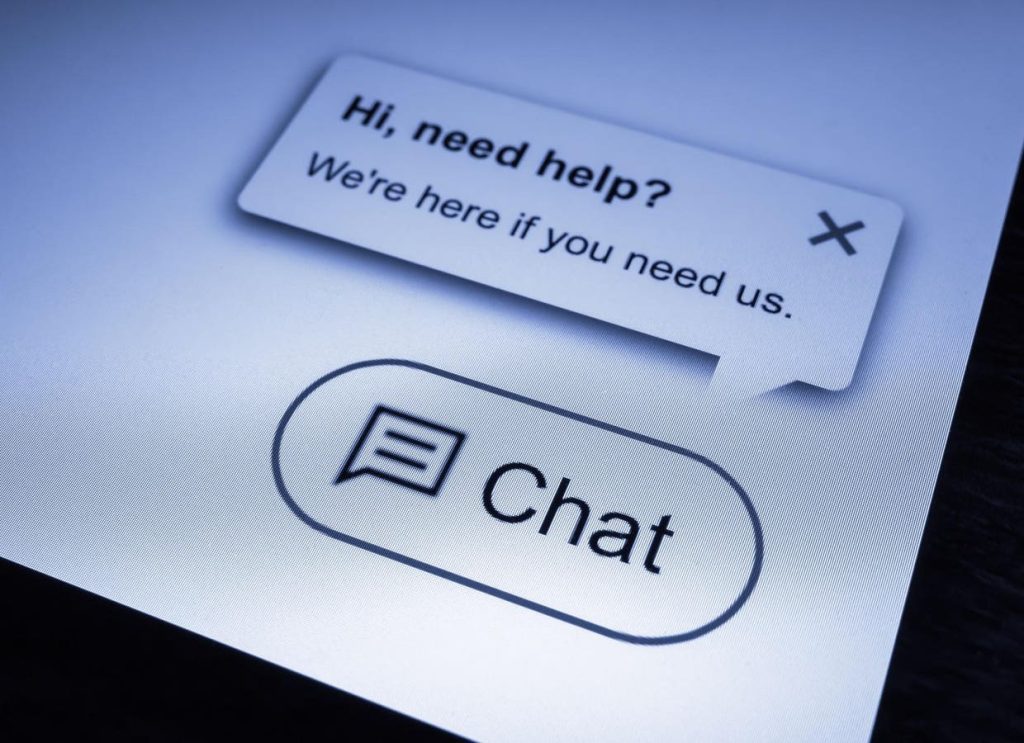Philippe Riveron | Founder & Chairman @Edflex | Skills, Learning and development enthusiast | Innovator | Entrepreneur | Speaker.
I began my career in customer experience, and I navigated an evolving technology landscape from fax machines to digital platforms. As I transitioned into skill development, I witnessed firsthand how technological advancements reshape roles and industries. Today, as AI becomes increasingly integrated into customer service, the pressing question arises: “Will AI replace human jobs, or will it redefine them?”
From Cost-Cutting To Experience Enhancement
Customer service transformation has often been driven by efficiency and cost reduction, rather than customer engagement and growth. For example, organizations began introducing chatbots, self-service portals and interactive voice response technology to reduce reliance on human agents, lower service costs and improve response times. However, this focus on efficiency often overlooked the essence of customer experience: the nuance of human interaction. Many early implementations were rigid and impersonal. Chatbots frequently misunderstood queries, IVRs led to frustrating “menu mazes” and self-service portals lacked the intuitive design needed for seamless navigation.
However, companies are now starting to use AI to actually empower customer service representatives’ ability to work more effectively and focus on higher-value conversations. KLM Royal Dutch Airlines exemplifies this more-balanced approach. By integrating AI into its customer service channels, the airline managed to handle more than 50% of customer inquiries automatically, freeing human agents to address more-complex issues.
The Benefits That AI Can Bring To Customer Service
Often, AI is introduced into workflows as a black box. That’s a misstep. True adoption requires understanding. As organizations strive to meet rising customer expectations while maintaining operational efficiency, AI can be a powerful enabler of transformation. From improving response times to personalizing interactions and empowering agents, AI brings a range of benefits for reshaping how service is delivered and experienced.
A Catalyst For Personalization
Personalization matters because today’s customers expect more than generic responses. They seek interactions that reflect their unique needs, preferences and past behaviors, and modern AI can provide them. For example, Spotify’s AI DJ feature curates music recommendations based on individual listening habits. This personalization fosters a deeper connection between the platform and its users. At Edflex, our collaboration with Microsoft enables us to develop AI agents trained by seasoned customer support experts. These agents provide real-time, natural language responses and adapt to the client’s tone. We’ve also incorporated role-plays and live training to ensure our teams understand how AI works and how to leverage it effectively.
Breaking Language Barriers
For globally operating companies, language barriers have long been a major obstacle to delivering consistent, high-quality customer service. When customers cannot communicate in their preferred language, it can lead to frustration, misinterpretation and, ultimately, a breakdown in trust. These gaps affect satisfaction, which can result in lost sales, negative reviews and weakened brand reputation in key international markets.
AI’s capability for instant multilingual interaction is transformative. Now, a customer service agent in Paris can support clients in São Paulo, Berlin or Seoul—in their native languages. A notable example is Airbnb’s Translation Engine, which facilitates real-time communication between hosts and guests in over 60 languages.
However, seamless translation doesn’t guarantee seamless understanding. Cultural nuances—humor, formality, expectations—still require human insight. To better serve Edflex’s global audience, we’ve introduced intercultural communication training. Based on client feedback, there has been improved confidence among advisors and more empathetic, context-aware support across regions.
Human + AI = The New Gold Standard
When it comes to customer service, the real risk isn’t AI replacing people. It’s failing to prepare employees to work with the technology. Yes, some roles will evolve. But new ones will emerge—stronger, broader, more global. The future of customer service lies not in doing the same tasks faster but in performing better tasks altogether. Because ultimately, no matter how advanced AI becomes, the best customer experiences will always hinge on one thing: being understood.
And that’s still—beautifully—a human skill.
Forbes Human Resources Council is an invitation-only organization for HR executives across all industries. Do I qualify?

